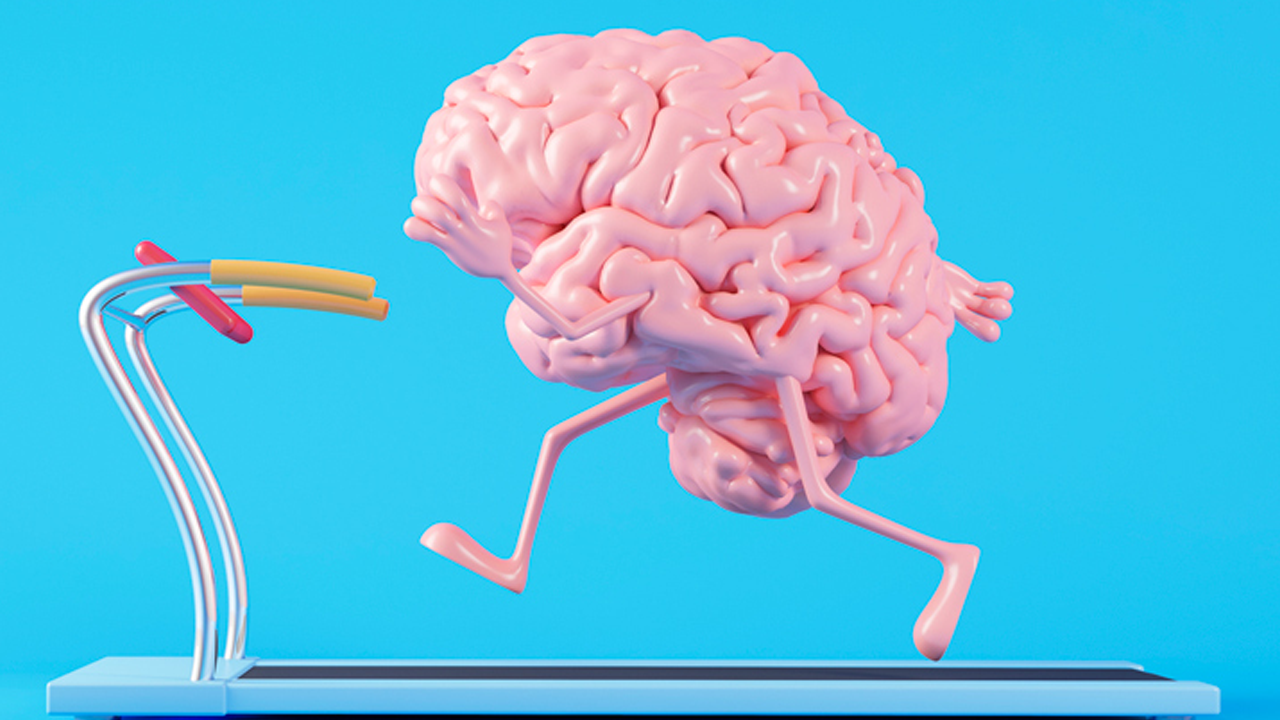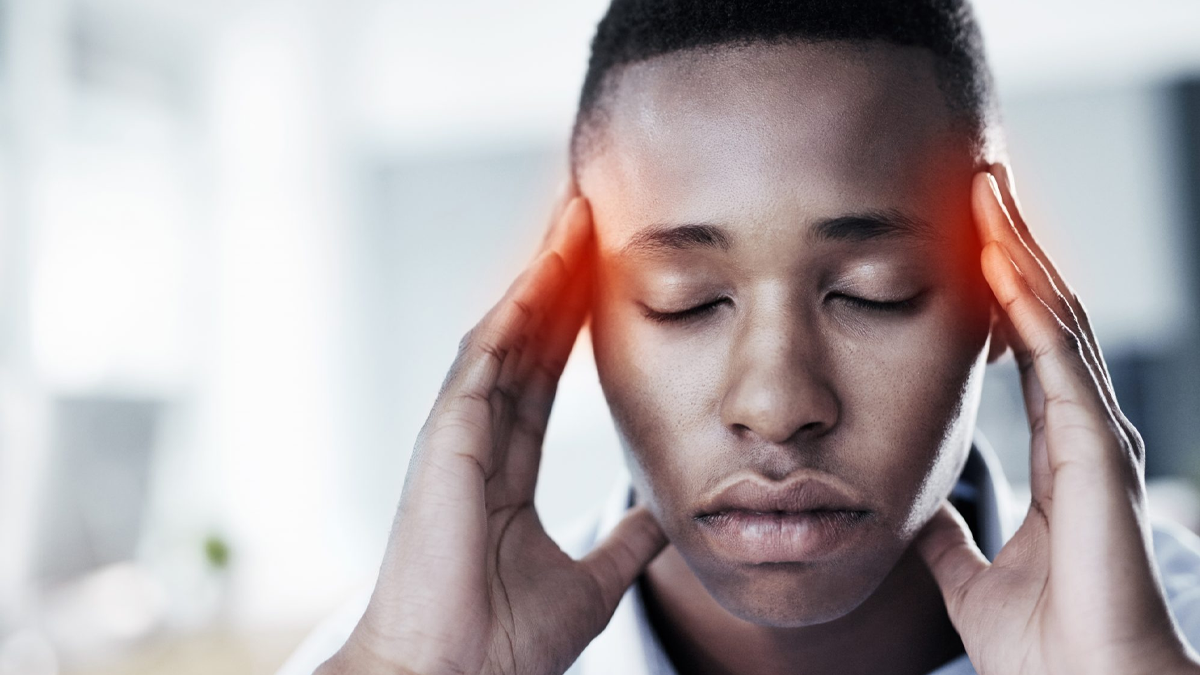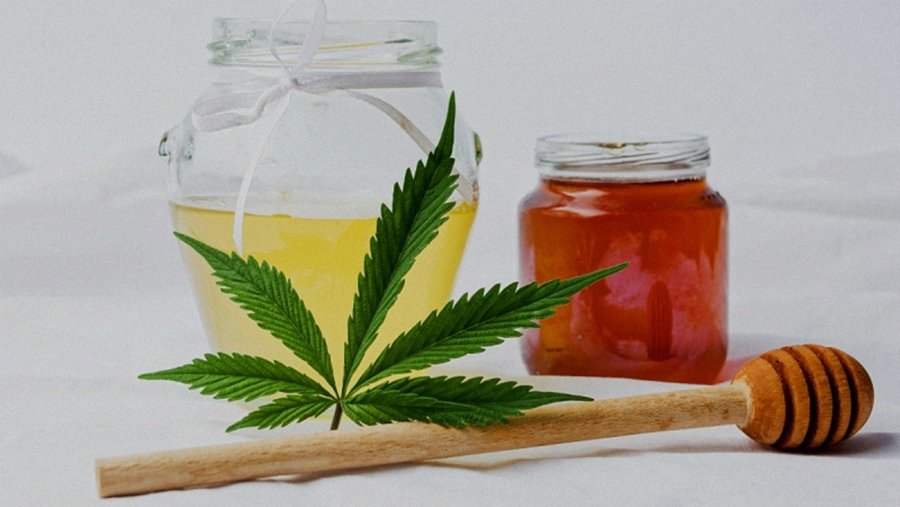CBD’s Whispered Wonders: Latest 10 Health Insights Yet to Be Explored 2023

In the ever-evolving realm of natural health solutions, Cannabidiol (CBD) has emerged as a beacon of hope. Revered for its wide array of therapeutic applications, CBD’s medicinal marvels have only scratched the surface. In this article, we take an expedition through 10 CBD’s Whispered Wonders that remain on the fringes of common knowledge.
Explore the Contents
- 1 CBD Benefits Neuroprotection and Cognitive Health
- 2 Potential in Addiction Recovery CBD’s Whispered Wonders
- 3 A New Hope for Autoimmune Disorders
- 4 Revitalizing Aging Skin
- 5 Mitigating Migraine Menace CBD Health Benefit
- 6 Asthma and Respiratory Relief
- 7 Reinventing Digestive Health
- 8 Shielding Against Bone Diseases
- 9 The Pursuit of Mental Serenity
- 10 Unlocking Better Sleep Patterns
- 11 In Summation (CBD’s Whispered Wonders)
- 12 FAQS (CBD’s Whispered Wonders)
CBD Benefits Neuroprotection and Cognitive Health
The human brain, a complex organ riddled with billions of neurons, stands central to our consciousness, thoughts, memories, and actions. As the epicenter of our being, the health and vitality of our brain determine our overall quality of life. CBD (Cannabidiol), a naturally occurring compound derived from the cannabis plant, has surged to the forefront of neuroscientific research, due to its potential neuroprotective properties.
Let’s delve into the intricate relationship between CBD and neuroprotection, and how it may reshape our understanding of cognitive health.
- The Role of Oxidative Stress in Neurodegeneration
Oxidative stress, a result of an imbalance between free radicals and antioxidants in the body, can damage cells, proteins, and DNA. In the context of the brain, oxidative stress has been directly linked to the onset of degenerative diseases such as Alzheimer’s and Parkinson’s. These conditions manifest as neurons lose their ability to function or die.
- CBD as an Antioxidant
CBD has displayed strong antioxidant properties, rivaling well-known antioxidants like Vitamin C and E. As an antioxidant, CBD has the potential to neutralize harmful free radicals in the body, curbing the oxidative stress that leads to neuronal damage. By reducing the oxidative burden on the brain, CBD can potentially act as a defense mechanism against neurodegenerative diseases.

- Endocannabinoid System (ECS) and Brain Health
Our bodies contain an intricate network of receptors known as the endocannabinoid system (ECS). This system, playing a pivotal role in maintaining homeostasis, regulates various physiological processes, including mood, appetite, and sleep. The ECS is crucial for cognitive function and brain health.
CBD interacts with the ECS, particularly the CB1 and CB2 receptors predominantly found in the brain and immune system, respectively. This interaction stimulates the body’s natural production of endocannabinoids, fostering a balanced and healthy brain environment.
- CBD’s Potential in Neurogenesis
Beyond its neuroprotective capabilities, CBD has shown promise in neurogenesis – the process of forming new neurons. In specific brain regions, such as the hippocampus responsible for memory and learning, the formation of new neurons can lead to enhanced cognitive functions. CBD’s potential role in promoting neurogenesis suggests that it may not only protect the brain but also play a part in its repair and rejuvenation.
- Addressing Inflammation: Another Layer of Protection
Chronic inflammation is a consistent characteristic of many neurodegenerative diseases. CBD’s anti-inflammatory properties offer another layer of protection for the brain. By curbing inflammation, CBD can protect neural pathways and enhance synaptic plasticity, further cementing its position as a potent ally for cognitive health.
- The Horizon of CBD in Cognitive Health
While the current research paints an optimistic picture of CBD’s role in neuroprotection and cognitive enhancement, it’s essential to approach with balanced optimism. Continued research, clinical trials, and longitudinal studies will determine CBD’s exact role and efficacy in neuroprotection.
In conclusion, the exploration of CBD in the realm of neuroprotection and cognitive health is both promising and exciting. As we unravel more about this wondrous compound, we edge closer to unlocking natural solutions for some of the most daunting neurodegenerative challenges faced by humanity.
Potential in Addiction Recovery CBD’s Whispered Wonders
It’s paradoxical to consider a component of cannabis assisting in addiction recovery, but CBD is no ordinary molecule. Preliminary studies have alluded to its efficacy in curtailing opioid and nicotine cravings, illuminating an avenue for addiction treatments that are non-invasive and nature-derived. The burgeoning crisis of addiction, whether to substances like opioids, alcohol, or nicotine, remains a significant challenge for medical practitioners and affected individuals alike. CBD (Cannabidiol) has recently been thrust into the limelight for its potential therapeutic effects in addiction recovery.

Preliminary studies indicate that CBD may alleviate withdrawal symptoms, reduce cravings, and even alter the way the brain responds to addiction triggers. Particularly for opioid addiction, which has become a significant public health crisis, CBD’s non-psychoactive and non-addictive properties make it an appealing alternative to traditional treatments.
By interacting with the body’s endocannabinoid system, CBD might modulate the brain’s reward mechanisms, potentially reorienting the neural pathways associated with substance dependence. As research progresses, CBD could pave the way for more holistic, nature-derived solutions in the realm of addiction recovery.
A New Hope for Autoimmune Disorders
CBD’s engagement with the endocannabinoid system offers promise in modulating immune responses. As a result, it might become a cornerstone for treating autoimmune disorders like rheumatoid arthritis and lupus, balancing immune reactions without the side effects of traditional pharmaceuticals.
Autoimmune disorders, where the body’s immune system mistakenly attacks its own cells and tissues, present a complex medical conundrum. With conditions ranging from rheumatoid arthritis to lupus, the traditional treatment paradigm often revolves around suppressing the immune system, leading to a host of side effects.
Enter CBD (Cannabidiol), a natural compound that’s offering a beacon of hope in this challenging landscape. Research suggests that CBD’s interaction with the endocannabinoid system could modulate immune responses, striking a balance between overactivity and immune suppression.

Revitalizing Aging Skin
Beyond internal wonders, CBD has demonstrated potential as a powerful skincare ally. Its anti-inflammatory properties can combat signs of aging, reduce skin redness, and promote a youthful glow, making it an anticipated player in future skincare regimes.
Mitigating Migraine Menace CBD Health Benefit
For those tormented by migraines, CBD may offer a natural and effective solution. Preliminary research highlights CBD’s potential in both pain modulation and addressing triggers of migraines, suggesting a two-pronged approach to combating this debilitating condition.

Asthma and Respiratory Relief
CBD’s potent anti-inflammatory effects could play a pivotal role in respiratory health. By reducing inflammation in the bronchial tubes, it might offer a new avenue for asthma patients, freeing them from frequent inhaler use or steroidal medications.
Reinventing Digestive Health
Digestive disorders, ranging from irritable bowel syndrome to Crohn’s disease, could witness transformational therapies rooted in CBD. By regulating gut inflammation and promoting healthy gut flora, CBD can potentially redefine gastrointestinal wellness.
Shielding Against Bone Diseases
CBD’s role in bone health is an uncharted territory with tremendous potential. Indications suggest that it can both accelerate bone healing and bolster bone density, making it a promising agent against osteoporosis and related conditions.
The Pursuit of Mental Serenity
Amidst rising mental health concerns globally, CBD’s potential as an anxiolytic deserves attention. Its interaction with serotonin receptors may offer a natural pathway to tranquility, combating anxiety and depression without traditional medication’s side effects.

Unlocking Better Sleep Patterns
Insomnia and disrupted sleep patterns are modern society’s banes. CBD’s interaction with the endocannabinoid system can potentially regulate sleep cycles, offering a natural solution to sleep disorders and ensuring a night of restorative slumber.
Read More: 15 Health Benefits Of CBD Oil According to Science
In Summation (CBD’s Whispered Wonders)
The unchartered horizons of CBD’s health potential are vast and deep. As research intensifies, and we uncover more of its whispered wonders, it’s apparent that CBD will be pivotal in reshaping our understanding of natural health solutions. With a confluence of nature and science, the world stands on the cusp of a CBD-led health revolution, promising a brighter, healthier future for all.
FAQS (CBD’s Whispered Wonders)
What is CBD, and where does it come from?
CBD, or cannabidiol, is a natural compound found in the cannabis plant. It is one of over 100 cannabinoids in cannabis and is typically extracted from hemp, a variety of cannabis with low THC (tetrahydrocannabinol) levels.
Is CBD psychoactive, like THC?
No, CBD is not psychoactive. Unlike THC, it does not produce the “high” associated with cannabis use. CBD does not affect your cognitive function or perception.
What are the potential health benefits of CBD?
CBD has gained popularity for its potential therapeutic benefits, which may include pain relief, anxiety reduction, anti-inflammatory effects, and support for certain neurological conditions like epilepsy.
Is CBD legal?
The legality of CBD varies by country and even within regions of certain countries. In many places, CBD derived from hemp is legal, provided it contains less than a specified amount of THC. However, the legality can change, so it’s essential to check your local laws.
How do people consume CBD?
CBD products come in various forms, including oils, capsules, gummies, creams, and even inhalable options like vaporizers. The choice of consumption method depends on personal preference and the desired effects.
Are there any side effects of CBD?
While CBD is generally considered safe, some people may experience side effects such as dry mouth, dizziness, changes in appetite, diarrhea, or fatigue. It’s essential to consult a healthcare professional before using CBD, especially if you’re taking medications.





